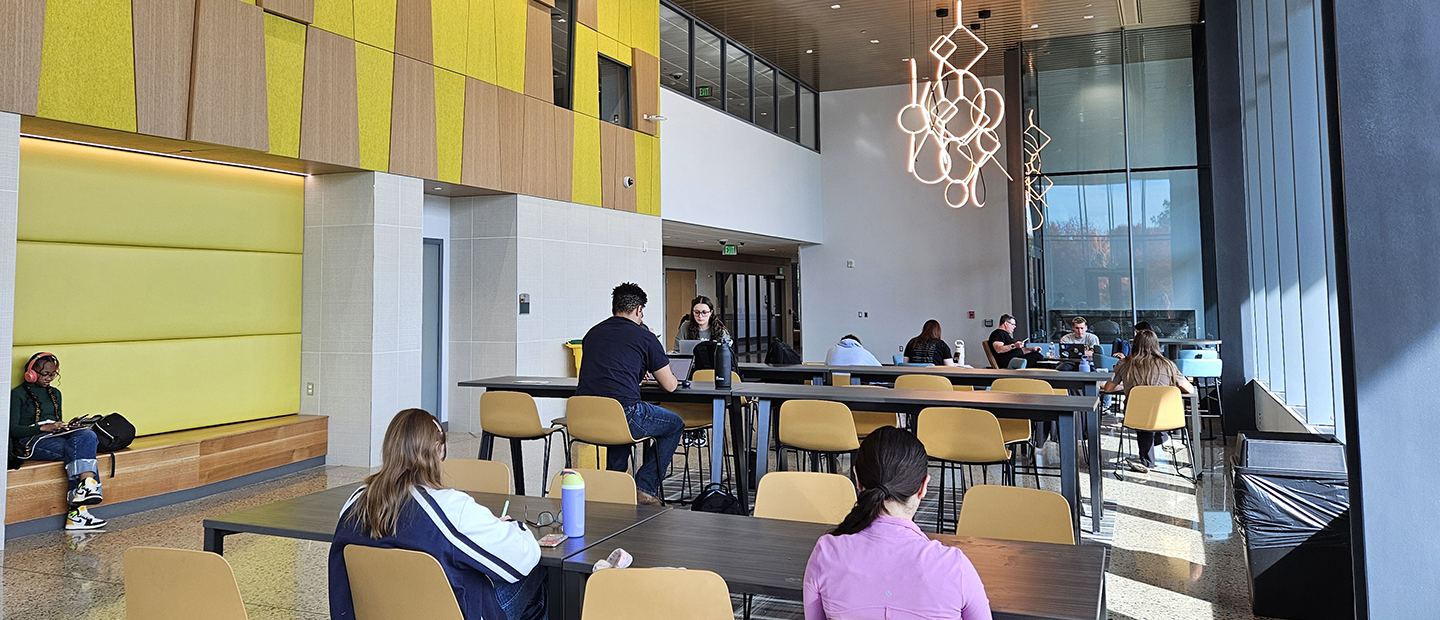
Student Resources
Oakland University is committed to providing students with the resources they need to overcome obstacles and reach their educational goals. Resources are available to help students connect with appropriate offices and agencies on and off campus.
The Stephen and Leah Vartanian Scholarship is designed for Oakland University students in financial need who have permanent disabilities. To be considered for this scholarship you must meet the following criteria:
- Be an undergraduate or graduate student of Oakland University
- Be a student with permanent disabilities
- Have a minimum GPA of 2.5
- Show documentation of disability unless you are already receiving accommodations at Oakland University
- Demonstrate financial need. Preference is given to students who have submitted the FAFSA.
To apply for the scholarship, please submit to the DSS Office a 250 word narrative about your academic goals and any special circumstances indicating your need for a scholarship.
The scholarship is ongoing throughout the school year based on the availability of funds.
Oakland University and the surrounding community have numerous resources for individuals who are in crisis. We encourage you to contact a resource for yourself or another community member who you believe may need assistance.
Student Emergency Relief Fund Campus Safety Information and Resources
Disability Support Services
371 Wilson Boulevard
Rochester, MI 48309-4454
(location map)
(248) 370-3266
Fax: (248) 370-4327
[email protected]
Office Hours:
Mon-Fri: 8 a.m.-5 p.m.







